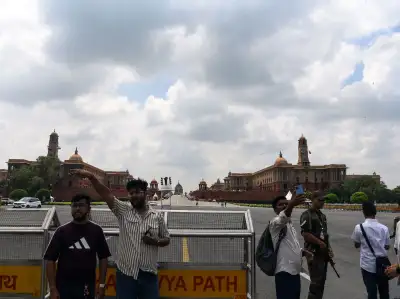

Vibrant red dessert packed with rich paneer and pistachios
Vibrant, flavorful, and incredibly unique, this dessert captures the essence of a perfect dining experience. Diners looking for a visually stunning treat will fall in love with the Beetroot Bliss Royal Swiss Roll.
Vibrant colours reminiscent of a beautiful rangoli make this dish an absolute feast for the eyes. Every bite offers a soft, velvety texture from the outer layer, which perfectly balances the rich, creamy heart. Earthy aromas from the fresh root vegetable blend wonderfully with sweet, nutty notes, creating a highly persuasive reason to visit the restaurant and try it yourself.
Crafting This Unique Dessert
Creating this masterpiece involves bringing together fresh, wholesome ingredients. You need one and a half cups of grated beetroot, a tablespoon of ghee, a quarter cup of milk powder, 250 ml of milk, and two tablespoons of brown sugar.
Inside this treat lies a decadent center. To prepare it, simply take a quarter cup of paneer and blend it into a smooth paste along with five or six cashews and an equal number of raisins. Chopped pistachios add a delightful final touch.
Cooking And Assembly Steps
First, thoroughly wash, peel, and grate your main vegetable. Cook it in a pan with ghee, followed by the milk, milk powder, and brown sugar until the entire mixture thickens on a low flame. Once thickened, move it to a plate.
Spread ghee onto butter paper and lay out the cooked red mixture into a thin, roti-like layer. Place the creamy filling right in the center, and roll everything tightly using the paper. Let the roll rest at room temperature for about 15 to 20 minutes. Finally, remove the wrapper, slice it into beautiful rounds, and your dish is ready to be served.